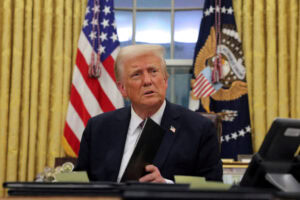Islamabad, Mar 26, 2025: The Pakistan Medical and Dental Council (PMDC) has taken a significant step toward regulating tuition fees in private medical and dental colleges.
According to ARY News, the council has finalized a set of recommendations that have been forwarded to a special committee for evaluation.
The ultimate decision on these proposals will be announced by Deputy Prime Minister Ishaq Dar, who leads the special committee on medical education.
As per sources, the proposed fee structure for private medical institutions suggests a minimum annual tuition of Rs1.8 million, with a maximum cap of Rs2.5 million.
READ MORE:
Karachi Inter Students to Get Grace Marks After Exam Failures
This proposal comes after an earlier suggestion to set fees between Rs1.2 to 1.5 million was rejected by private college representatives. Currently, students enrolled in these institutions pay between Rs2.5 to 3.5 million per year.
In addition to regulating tuition, the recommendations include an annual fee increment of 5%. Furthermore, private teaching hospitals associated with medical colleges must allocate 35% of their beds for social welfare patients.
To support financially challenged students, private institutions will also be required to provide five annual scholarships and introduce flexible installment plans for Medical & Dental Colleges.
Reports indicate that representatives from private medical and dental colleges have agreed to these proposed measures.
However, the final approval rests with the special committee, which will determine the official implementation of the new fee structure.
Historically, regulating tuition fees in private medical institutions has been a challenge. In 2012, the PMDC had imposed a fee cap of Rs500,000 per year, allowing a 5% annual increase.
Despite this regulation, many private Medical & Dental Colleges continued to charge significantly higher amounts, leading to ongoing concerns over affordability and accessibility in medical education.
It is important to note that in July of the previous year, the PMDC sought legal guidance from the health ministry to standardize fee structures.
However, despite months of deliberation, the issue of exorbitant tuition fees has remained unresolved.
This latest move by the PMDC aims to bring stability and fairness to the system, ensuring that aspiring medical professionals have access to education without facing excessive financial burdens.
The decision by the special committee, expected soon, will determine how these regulations shape the future of medical education in Pakistan.
The implementation of a structured fee system could provide much-needed relief to students while maintaining the financial sustainability of private institutions.









